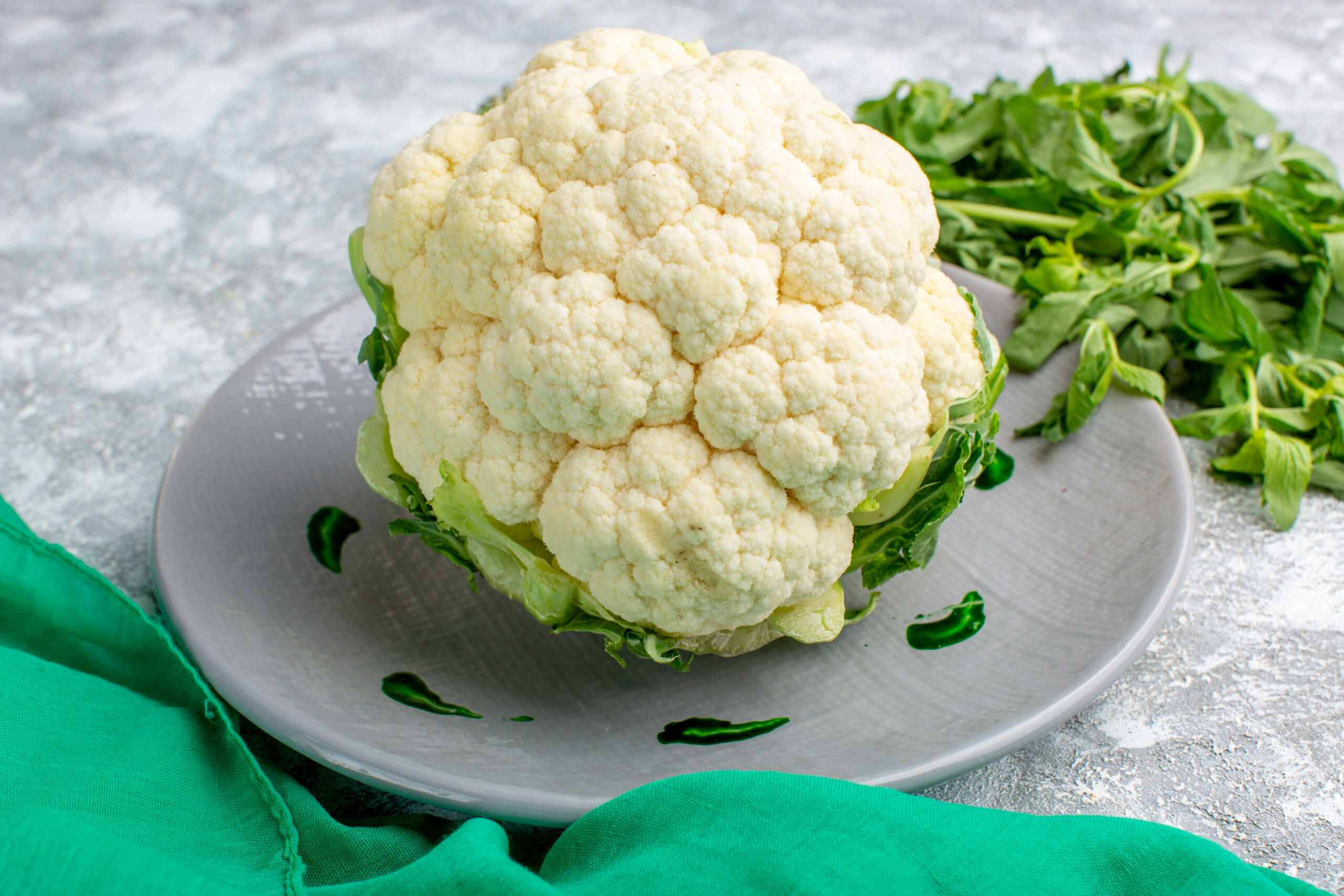- ACTIVITIES
25 Spooktacular Halloween Party Ideas


Cauliflower may look simple, but it is one of the most nutrient-dense vegetables available. With its mild flavor, low calorie content, and impressive mix of vitamins, minerals, and antioxidants, cauliflower has become a staple for healthy eating. Whether used in soups, roasted as a side dish, or transformed into rice or pizza crust, this versatile vegetable packs far more nutrition than most people realize.
Below is a closer look at the key health benefits of cauliflower and a concise breakdown of its nutritional profile.
Cauliflower is extremely low in calories yet offers a wide range of essential nutrients. This makes it a great choice for people seeking high-volume, low-calorie meals without sacrificing important vitamins and minerals.
Just one cup of raw cauliflower provides over half your daily vitamin C needs. This antioxidant supports immune function, skin health, and collagen production.
Cauliflower contains both soluble and insoluble fiber, helping support a healthy digestive system, improve regularity, and promote overall gut wellness.
Cauliflower contains glucosinolates, carotenoids, and flavonoids powerful antioxidants that help protect cells from oxidative stress and chronic inflammation.
Cauliflower is widely used as a low-carb alternative to rice, potatoes, and flour. Its mild taste and satisfying texture make it ideal for keto, paleo, and diabetic-friendly recipes.
Fiber, antioxidants, and anti-inflammatory compounds in cauliflower help support healthy cholesterol levels and may benefit long-term cardiovascular health.
Cauliflower is one of the few vegetables containing choline, an essential nutrient important for metabolism, neurotransmitter production, and brain development.
Its combination of low calories, high fiber, and natural water content helps increase fullness, making cauliflower helpful for balanced, satisfying meals.
Compounds like sulforaphane, found in cruciferous vegetables, have strong anti-inflammatory properties that may support long-term wellness.
Cauliflower can be roasted, steamed, mashed, grilled, blended into soups, or transformed into rice or crusts making it one of the most adaptable vegetables for healthy meals.

These compounds help protect cells, reduce inflammation, and support long-term metabolic health.
Cauliflower is one of the most nutritious and adaptable vegetables you can add to your diet. With its low calorie content, impressive vitamin and mineral profile, and powerful antioxidant properties, it offers meaningful health benefits while fitting easily into countless recipes. Whether you’re looking to improve digestion, support weight management, or simply add more vegetables to your meals, cauliflower is a simple and delicious choice.